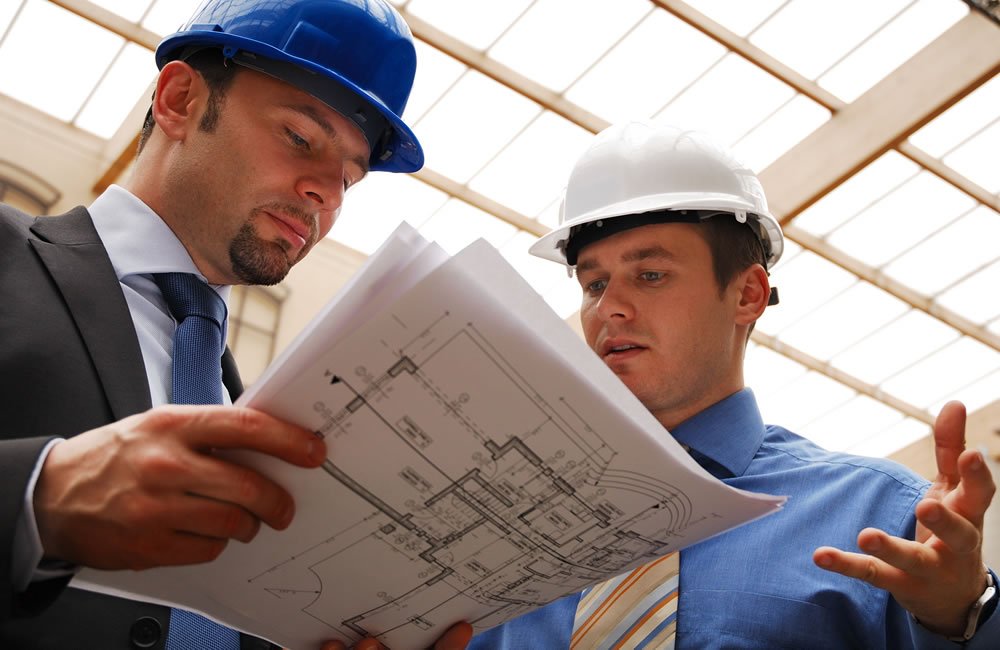
A major part of a development company's responsibility is finding and acquiring suitable land parcels for development. Initial phases include a meticulous analyses of the market study, feasibility studies and risk evaluations to assure the viability and success of the project. Developers need to be aware of zoning regulations, environmental considerations, and legal issues to obtain the required approvals and permits. The ability of developers to identify an untapped opportunity in under-utilized areas is often the key to the revitalization of cities and growth in economics.
The complex terrain of real estate development has its own set of challenges. Market fluctuations, regulatory hurdles and local opposition could knock even the most well crafted plans off course. In the event of economic turmoil, projects could be delayed even as shifting consumer tastes require regular adaptation. Developers must also strike an elusive balance between profit and social accountability, battling with issues of affordability, sustainability, and equitable accessibility to housing. To meet these challenges, successful developers demonstrate perseverance, creativity, and unwavering dedication to their goals.
Beyond the mortar and bricks the property developer has a huge power over the socioeconomic makeup of the communities they serve. The projects they create can spur economic growth, attracting entrepreneurs, investors, as well as people who were once abysmal to the area. In reviving abandoned neighborhoods or repurposing obsolete structures, developers contribute to an urban revival and cultural renewal of cities. This transformative power can also cause concerns over displacement, gentrification, as well as the loss of local identity. Being stewards of changes developers need to engage in transparent dialogue with people in the community, and encourage inclusive growth which benefits everyone in society. To receive more information kindly check out Akisama

The performance of a development project depends not only upon its physical features, but also on its market positioning and branding. Developers of property employ creative methods of marketing to differentiate their properties and draw either tenants or buyers. The process involves crafting compelling stories along with visual identities and sales programs that connect with their target market. If it's luxury condos targeted to wealthy customers or affluent housing aimed at first-time homeowners, effective branding is essential to drive sales as well as maximizing the return on investment. Furthermore, developers use digital technologies as well as social media to reach a wider audience and connect with potential customers to stay competitive in a fast-moving market.
However, the realm of property development isn't without its challenges and controversies. Rapid urbanization, a shortage of land, and regulatory hurdles pose important obstacles to projects for development. In addition, gentrification, displacement as well as affordability concerns raise questions about the social equity implications of certain projects. Critics often scrutinize the environmental impact of construction activities and are adamant about sustainable methods as well as green building certifications. Also, downturns in economics along with geopolitical and political uncertainties market fluctuations can disrupt the timelines of projects and return on investment and highlight the inherent instability of the real estate industry. Thus, property developers must navigate a complex landscape of potential risks and opportunities, at the same time balancing their profits with wider social and environmental concerns.